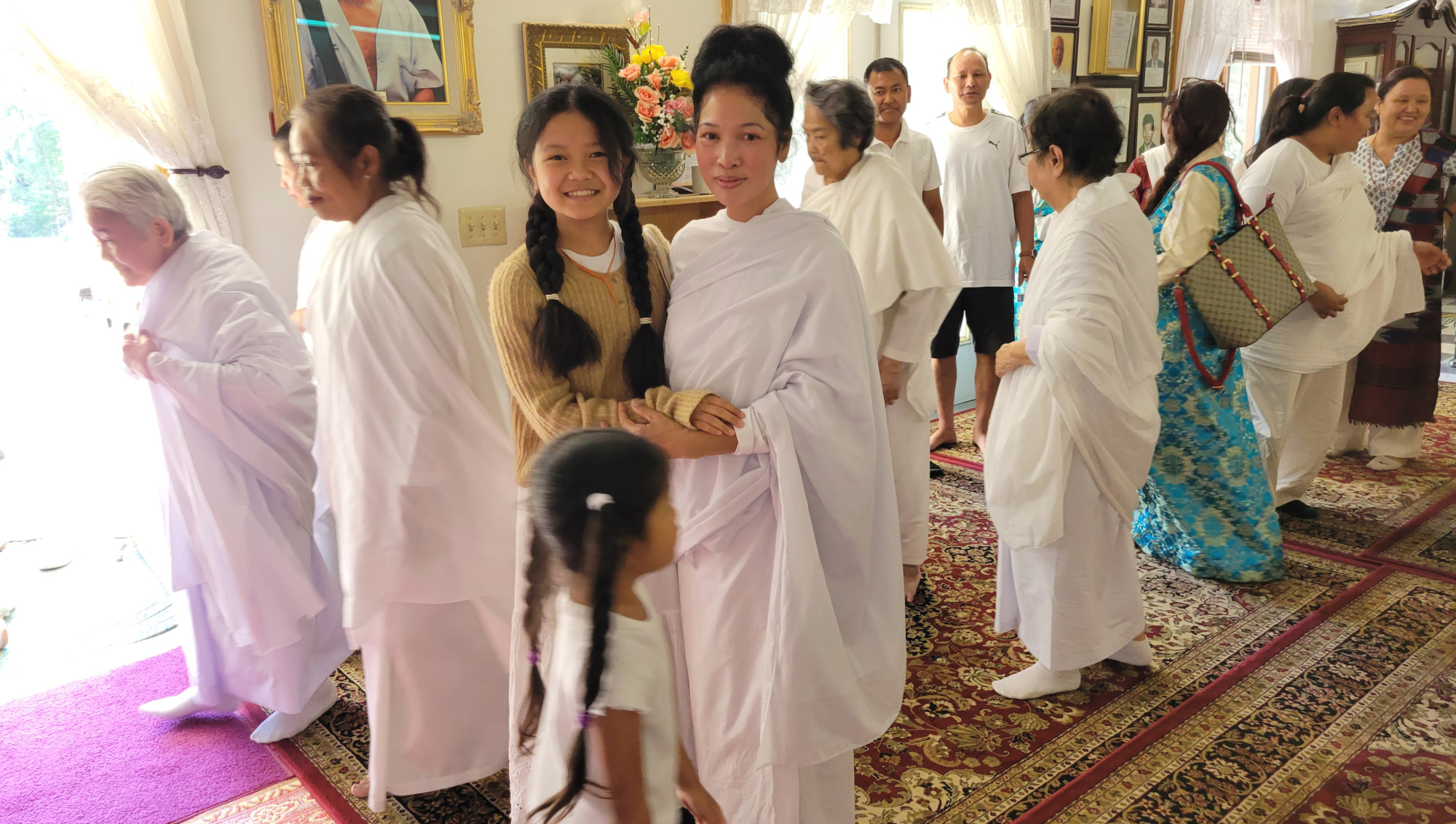
Angulimala
by Jack Kornfield
Milarepa, the most famous saint in the Himalayas, was a Tibetan youth whose family was terribly abused by relatives after his father died. As a result, Milarepa was urged by his mother to study black magic and take revenge on those who had mistreated them. With yogic powers he killed many of them. But afterward, Milarepa was filled with fear and remorse and sought out a Buddhist teacher to help him release his bad karma. Through years of extreme penance and a series of harrowing trials, Milarepa atoned for his terrible past. Then Milarepa dedicated his life to awakening and spent years teaching and caring for others. The story of his redemption is the most celebrated myth in all of Tibetan Buddhism.
In the same way, redemption transformed the worst killer of the Buddha’s era, Angulimala. Indian astrologers said Angulimala was born under a robber star. Through the jealousy and lies of those around him, Angulimala was convinced that his religious duty required him to kill a thousand innocent people. Living in the thick Jalini forest, he became the most feared figure of his day, a swordsman who could run as fast as a swift horse.
The Buddha deliberately went wandering there, even though others warned him not to go. When Angulimala chased the Buddha, magic powers thwarted him. “Stop! Stop!” shouted Angulimala. The Buddha responded, “I have stopped, I have stopped all harm to living beings.” Somehow the Buddha’s fearlessness was enough to break the spell of misguided destruction. Then the Buddha demanded that Angulimala cut off the limb of a tree. When the limb was cut, the Buddha said, “Now put it back.” When Angulimala acknowledged that he was helpless to do so, the Buddha explained, “Your power is so limited, it can only destroy life. What about the power to preserve life?” Angulimala then threw away his sword to become a monk and eventually a respected disciple of the Buddha. Like Milarepa, Angulimala is now widely venerated as a saint. The great popularity of these stories speaks to the universal need for redemption, to reclaim our nobility.
Twice a month, at the full and new moon, the monks and nuns of the forest monastery seek release from the past misconduct through formal practices of confession. They ritually gather together under the canopy of trees to confess their mistakes, seek understanding and ask for forgiveness. Each confession ends with a commitment to start anew. For serious difficulties, a council of ten or twenty elders is called to listen to the confession with compassion. Then the elders prescribe practices of atonement and transformation to help the monk or nun refind their way.
In this spirit, one of the common practices that Buddhist psychologists and teachers use to help students of the past is to listen to their confessions. Sometimes we hear their small regrets. We work with compassion, forgiveness and letting go. We know that this unhealthy past is not who they really are. Sometimes students reveal the worst of their deeds. Whatever is weighing on our hearts is where we work.
Confession is a necessary practice in psychology. In 1974, I was on the founding faculty of Naropa Buddhist University in Boulder, Colorado. The summer’s largest class, taught by Ram Dass, was focused on paths to liberation. On the full moon in July, over a thousand students from Ram Dass’ class joined together for an all night ritual at the foot of the Rocky Mountains. The students and some of us teachers began the night with chanting, prayers and meditation. At the center of our circle was a huge bonfire lit in honor of the Indian goddess Kali. Kali represents destruction, especially of the false sense of self, and through this process she gives birth to the indestructible spirit. Continue reading →

















